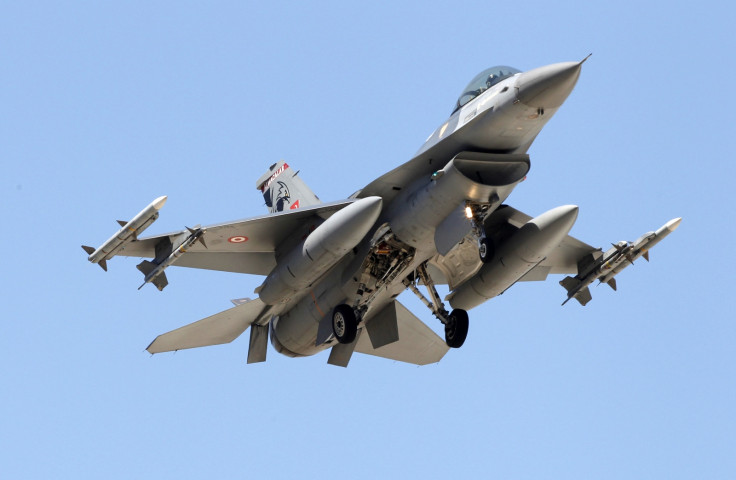Isis: US, Turkey plan buffer zone against Islamic State

US and Turkish officials are formulating plans to implement a buffer zone along the latter's border with Syria to counter the threat posed by Islamic State (Isis) militants, according to a report.
The plan is likely to involve the establishment of a de facto no-fly zone 88km (55 miles) wide and 40km (25 miles) deep in northern Syria, the Wall Street Journal said, citing sources.
The safe area will be patrolled by coalition aircraft after Ankara agreed to open up its military bases to the US and its allies last week.
"What we are talking about with Turkey is co-operating to support partners on the ground in northern Syria who are countering Isil (Isis)," a senior US administration official told the Journal.
"The goal is to establish an Isil-free zone and ensure greater security and stability along Turkey's border with Syria."
Moderate Syrian rebels are reportedly being trained and equipped in Turkey and Jordan by the US-led coalition to help defend the buffer zone on the ground.
"This is one of the points we insisted on during the last 10 months of talks with our American colleagues," an unnamed Turkish official was quoted as saying.
"At the end of the day, they have understood that without such air cover, this train-and-equip program would not achieve success."
However, implementing an official no-fly zone over northern Syria will need the backing of the UN Security Council, where Russia and China would likely oppose it.
Turkey's air force has been conducting simultaneous strikes against Isis positions in Syria and Kurdish PKK forces in northern Iraq since 23 July, after a suicide bomb attack in Suruc, southern Turkey, killed 32 people on 20 July.
It marks a turnaround from the country's previous reluctance to militarily engage Isis forces over fears of jeopardising the lives of dozens of Turkish hostages held by jihadists in Syria and Iraq.
© Copyright IBTimes 2025. All rights reserved.




















